Breaking It Down: Android vs iOS Features
Android and iOS continue to reign as the primary operating systems in the mobile market. iOS, a closed-source platform, exclusively caters to Apple hardware, whereas Android, an open-source platform, prides itself on compatibility with a diverse range of devices. The competition between Android and iOS sparks passionate support from both camps. In this blog post, we will thoroughly scrutinize and compare the crucial characteristics of each operating system to shed light on their inherent disparities and unique advantages.
- User Interface and Design
When it comes to user interface (UI) and design, Android and iOS have distinct approaches. Android provides a more customizable and flexible experience, allowing users to personalize their home screens, widgets, and app icons. In contrast, iOS maintains a consistent, sleek, and minimalistic design across its devices, emphasizing simplicity and user-friendliness.
- App Stores and Ecosystems
Both Android and iOS boast substantial app stores, offering millions of applications to their respective user bases. The Google Play Store, the app marketplace for Android, provides a vast array of options, including a wide range of third-party and open-source alternatives. In contrast, the Apple App Store curates its selection meticulously, ensuring a higher standard of quality and security. Additionally, iOS users often enjoy the privilege of early access to new apps and exclusive releases.
- Device Compatibility and Fragmentation
Android’s strength lies in its wide compatibility with various smartphones and tablets from different manufacturers. However, this diversity introduces a challenge known as fragmentation, where Android users may experience discrepancies in software updates and device compatibility. In contrast, iOS exclusively powers Apple devices, resulting in superior integration, streamlined user experiences, and automatic updates.
- Customization and Control
Android users may completely customize their devices because to its unrivaled customization capabilities. Android gives consumers more control over their experience, allowing them to modify system settings and change default apps. Contrarily, iOS places a higher value on uniformity and simplicity, restricting customization choices to maintain the overall user experience that Apple had in mind.
- Security and Privacy
In the Android vs. iOS debate, security and privacy are crucial factors to take into account. Due to its open-source nature, Android may have security flaws. To reduce risks, Google has nonetheless put in place strong security measures, such as frequent vulnerability updates and Google Play Protect. On the other hand, iOS is renowned for its tight security guidelines, thorough app review procedure, and encryption techniques, which improve user privacy and lower the danger of viruses.
- Integration with Ecosystems
Apple’s ecosystem integration is a key selling point for iOS. Seamless synchronization across Apple devices, such as iPhones, iPads, Macs, and Apple Watches, allows users to enjoy a consistent experience and easily transfer data. Android, although not as tightly integrated, offers cross-platform compatibility with other Google services, such as Gmail, Google Drive, and Google Photos.
- Voice Assistants and AI Capabilities
Voice assistants are becoming an essential aspect of using a smartphone. Google Assistant, a potent AI-driven assistant available on Android smartphones, is able to comprehend context and work with a variety of applications and services. On the other side, iOS is home to Siri, Apple’s speech assistant well-known for its compatibility with Apple products and ecosystem integration.
- Gaming and Entertainment
Both Android and iOS offer an extensive selection of games and entertainment apps. Android’s openness makes it a playground for developers, resulting in a broader range of gaming options, including emulators and niche titles. iOS, renowned for its optimized hardware and App Store curation, provides a seamless and immersive gaming experience, often showcasing graphically impressive and innovative games.
Conclusion
In the battle of Android vs iOS, the choice ultimately boils down to personal preferences, device compatibility, and desired user experience. Android’s flexibility, device variety, and customization options make it a popular choice among tech-savvy users seeking versatility. On the other hand, iOS, with its user-friendly design, seamless ecosystem integration, and strong focus on privacy and security, attracts users who appreciate a polished and consistent experience.
Whether you lean towards the open-source nature of Android or the integrated ecosystem of iOS, both platforms continue to evolve and push the boundaries of mobile technology. As technology advances and user expectations grow, Android and iOS will undoubtedly continue to vie for dominance, offering users ever-improving features and experiences in the competitive world of mobile operating systems.


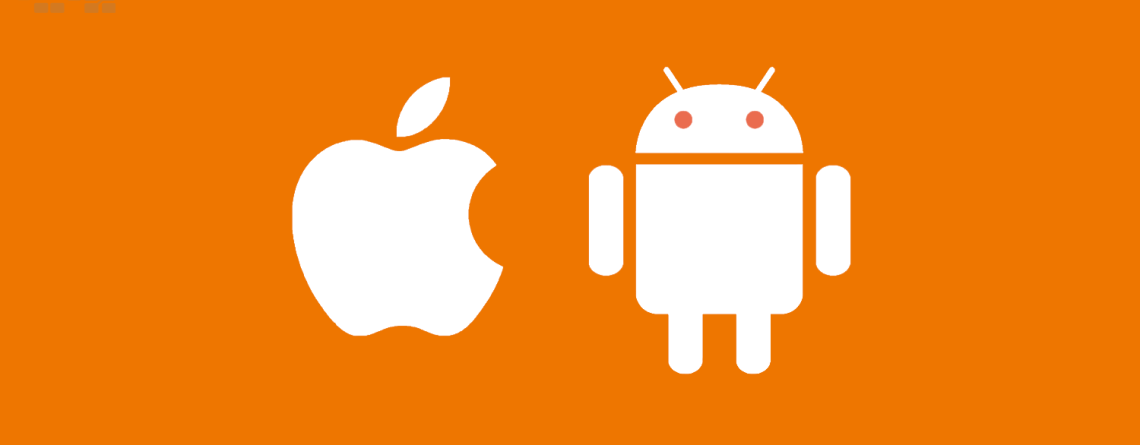


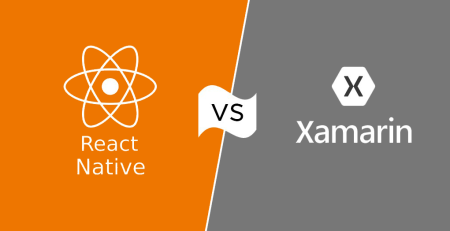
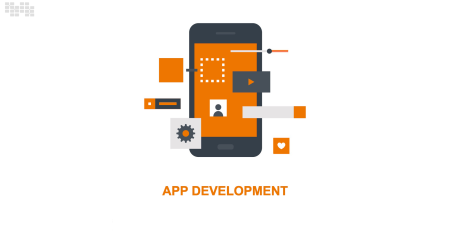

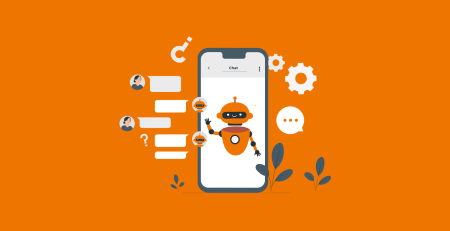
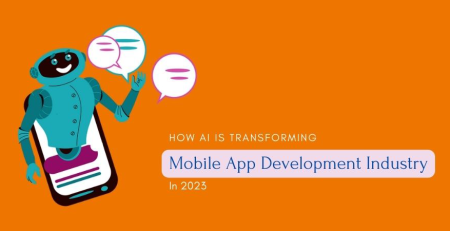

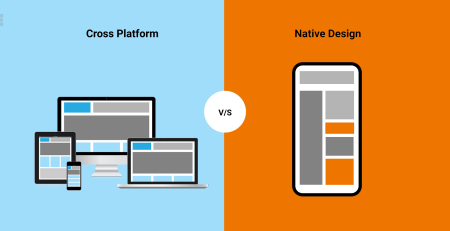

Leave a Reply